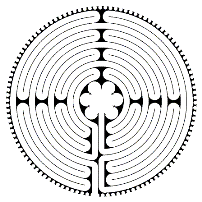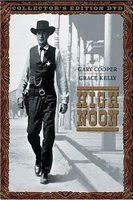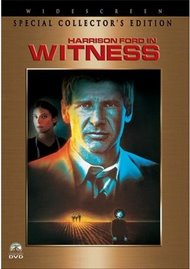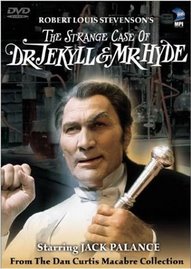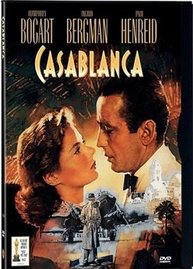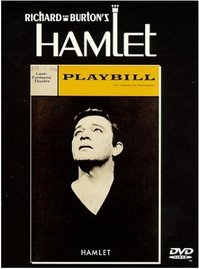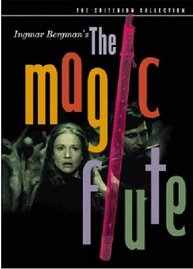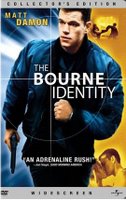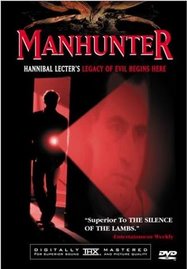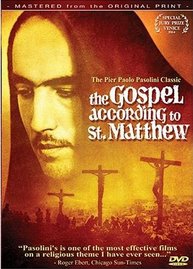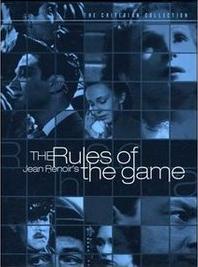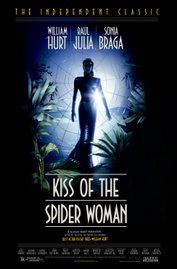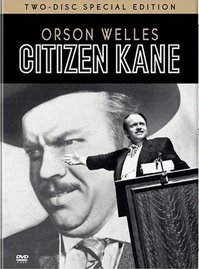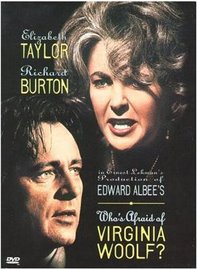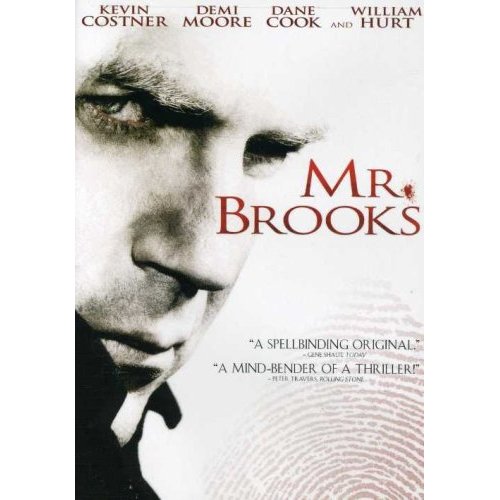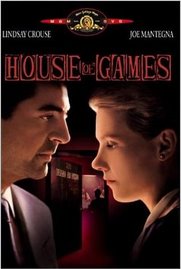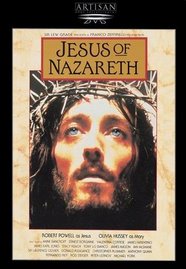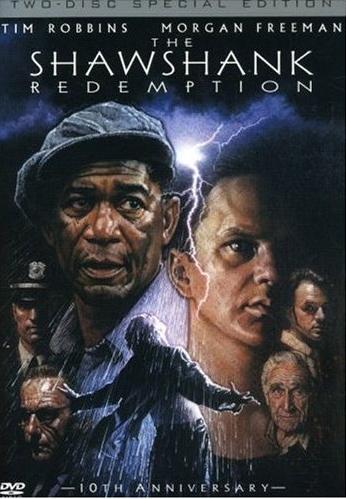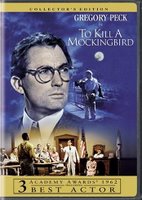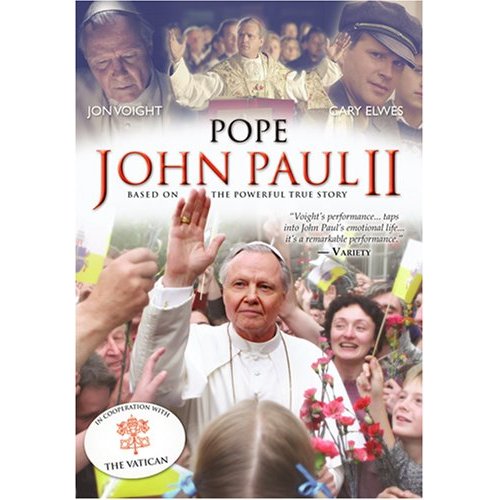In both professional and personal settings, we all, at one time or another, are faced with having to make judgments, as opposed to choices or to decisions, in the context of contending with others to change our minds, theirs and ours.
We want to make our judgments based on proven evidence of facts as opposed to stories or so-called anecdotal evidence.
We want to make judgments based on the use of reason and not rhetoric, using argument and debate to persuade others of the truth of what we contend in order to establish why we are entitled to our claim and not merely to assert our right to speak our opinion.
By doing this we hope to advance our understanding of knowledge and beliefs, and, when appropriate, our religions.
My hope is that we can get some everyday examples of this sophistication.
I want to discover whether the principle of non-contradiction still forms the basis of communication.
Please consider the following articles in Wikipedia:
- Judgment
- Choice
- Decision
- Proof
- Evidence (anecdotal, legal, scientific)
- Fact
- Reason
- Rhetoric
- Argument
- Debate
- Persuasion
- Opinion
- Knowledge
- Belief
- Religion
- Fallacies
- Sophistry
- Non-contradiction
- Story
- Truth
When I was an administrative law judge, I had to listen to and shield myself from countless fallacious arguments, tell the cases' stories and hopefully reach the truth.
The only book of any help was FALLACY: THE COUNTERFEIT OF ARGUMENT. See my blog "Are you playing with a full deck when you argue for change?"
I later found Ten Philosophical Mistakes by Mortimer J. Adler very helpful in sorting out some of the deepest problems.
Finally I found Hard Thinking by John D. Mullen and Socratic Logic 2E by Peter Kreeft to be great refresher texts, well-written, and easier to understand than I expected.
Wikipedia's article on fallacies does keep a current list.
